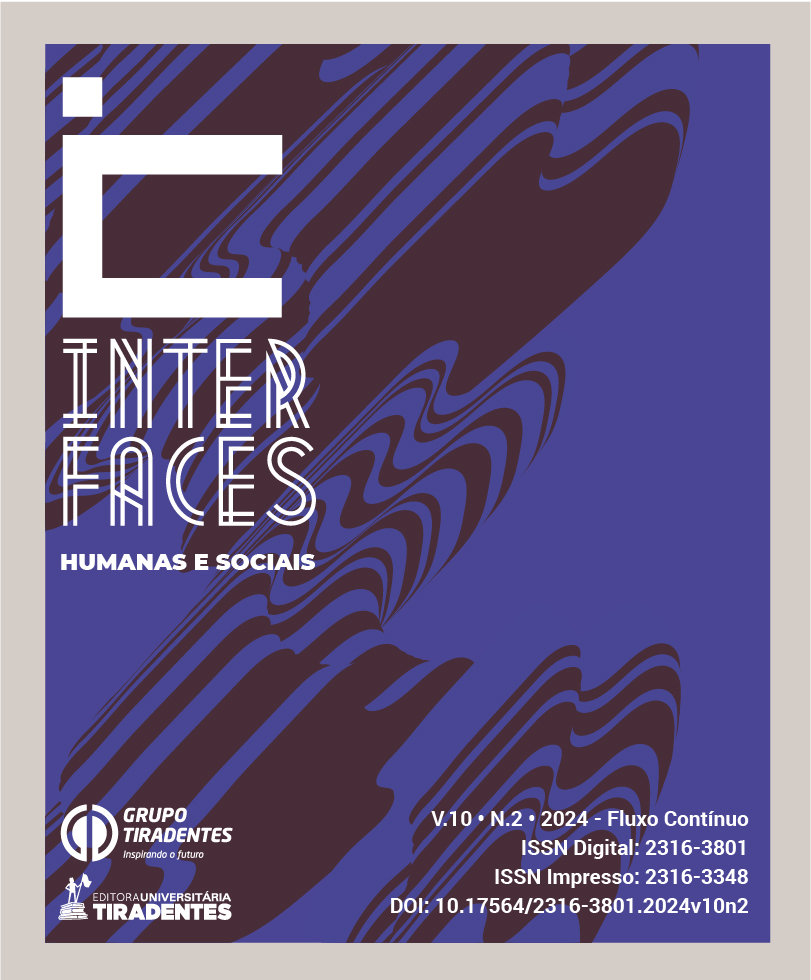Social Control in health: the vision of system users
DOI:
https://doi.org/10.17564/2316-3801.2024v12n2p101-113Abstract
The social control of the Unified Health System (“SUS” in the brazilian acronym), exercised mainly through the Municipalities, State and National Health Councils, in addition to regular conferences within all state entities, is described as a result of public participation within the scope of public management. Its function is, through community action, to formulate strategies, to control and to evaluate health policies and system actions in implementing the right to health, as described in the Federal Constitution of 1988 and other laws. To this end, the general objective was to investigate the functionality of social control as an effective mechanism for public participation in the reality of the municipalities health councils of the 9th Health Region of Paraná. This is a qualitative case study, with theoretical reference based mainly on historical-dialectical materialism. The data were collected after approval by the Research Ethics Committee of the State University of Western Paraná, in the second half of 2022 and the first half of 2023, using a semi-structured questionnaire with objective and open questions as a data source. The results achieved showed that social control still finds it difficult to be an effective mechanism for popular participation in the management of the public health system, based on the vision of system users volunteers .
Keywords: Social Control. Public Participation. Regionalization. Citizenship. Public policies.











